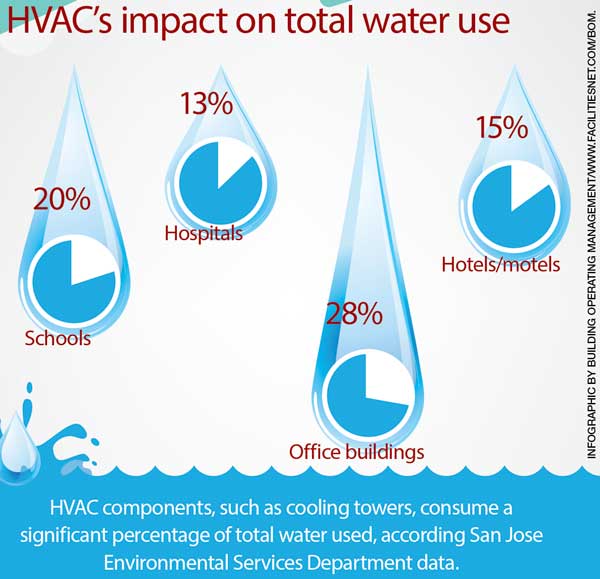The Future Of Home Home Heating - Just How Heatpump Technology Is Evolving
The Future Of Home Home Heating - Just How Heatpump Technology Is Evolving
Blog Article
Produced By-Baker Ringgaard
Heat pumps will be a vital technology for decarbonising heating. In a scenario regular with governments' announced energy and environment commitments, their worldwide capacity doubles by 2030, while their share in heating rises to one-quarter.
They function best in well-insulated homes and rely upon power, which can be provided from an eco-friendly power grid. Technological breakthroughs are making them more effective, smarter and less expensive.
Fuel Cells
Heat pumps utilize a compressor, refrigerant, coils and fans to move the air and heat in homes and appliances. They can be powered by solar energy or electrical energy from the grid. They have actually been gaining popularity because of their inexpensive, peaceful procedure and the capacity to create electricity during peak power need.
Some business, like IdaTech and BG MicroGen, are working with gas cells for home heating. These microgenerators can change a gas central heating boiler and create some of a house's electric requirements with a connection to the power grid for the rest.
However there are reasons to be cynical of using hydrogen for home heating, Rosenow states. It would be costly and ineffective contrasted to various other innovations, and it would certainly include in carbon discharges.
Smart and Connected Technologies
Smart home technology permits home owners to connect and control their gadgets remotely with the use of mobile phone apps. As an example, clever thermostats can learn your heating preferences and instantly adjust to enhance power usage. Smart lights systems can be regulated with voice commands and immediately shut off lights when you leave the area, lowering energy waste. And clever plugs can monitor and manage your electric use, enabling you to identify and limit energy-hungry home appliances.
The tech-savvy house illustrated in Carina's meeting is a great picture of just how residents reconfigure room heating techniques in the light of new smart home modern technologies. They count on the gadgets' computerized features to accomplish daily adjustments and regard them as a hassle-free ways of performing their heating methods. Thus, they see no factor to adapt their techniques better in order to make it possible for flexibility in their home power demand, and treatments targeting at doing so may deal with resistance from these households.
Electrical power
Considering that warming homes make up 13% of US emissions, a switch to cleaner choices could make a large difference. Yet the technology deals with challenges: It's expensive and needs substantial home renovations. And it's not constantly compatible with renewable resource resources, such as solar and wind.
Until just recently, https://www.einnews.com/pr_news/540843340/rhode-island-hvac-services-provide-24-7-emergency-service-for-ri-homeowners were also pricey to take on gas versions in a lot of markets. However brand-new developments in layout and materials are making them more cost effective. And better cool climate efficiency is allowing them to work well also in subzero temperature levels.
The next action in decarbonising home heating might be making use of warm networks, which draw warmth from a central resource, such as a neighboring river or sea inlet, and distribute it to a network of homes or structures. That would minimize carbon discharges and allow households to make the most of renewable resource, such as green electricity from a grid provided by renewables. hop over to this site would certainly be much less costly than switching over to hydrogen, a fossil fuel that calls for brand-new framework and would just lower CO2 emissions by 5 percent if paired with boosted home insulation.
Renewable resource
As electrical power prices go down, we're beginning to see the exact same trend in home heating that has driven electric cars and trucks into the mainstream-- yet at an even quicker rate. The strong environment instance for impressive homes has been pressed even more by brand-new research.
Renewables represent a substantial share of contemporary warmth consumption, yet have been provided minimal plan attention around the world contrasted to other end-use industries-- and also less attention than electrical energy has. Partly, this shows a mix of customer inertia, divided motivations and, in numerous countries, subsidies for fossil fuels.
New modern technologies might make the shift easier. As an example, heat pumps can be made much more power effective by changing old R-22 cooling agents with new ones that don't have the high GWPs of their precursors. Some specialists additionally imagine area systems that attract heat from a neighboring river or sea inlet, like a Norwegian fjord. https://gunnerxpesg.blogsvila.com/29442234/demystifying-the-cost-of-setting-up-and-preserving-a-heatpump can then be utilized for heating & cooling in a neighborhood.